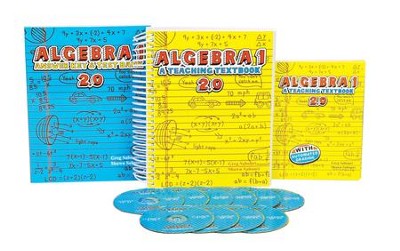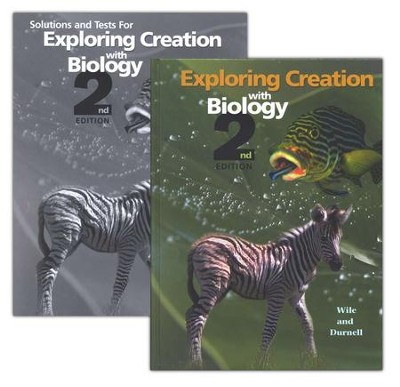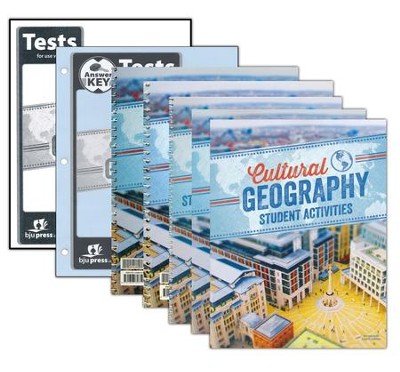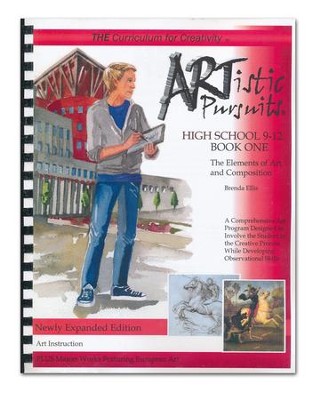Yes, you can homeschool through high school. A diploma is nothing more than a ceremonial document, the real work is in your transcripts - which should be detailed and thorough and should include every activity which contributed to your child's education. (that is another post) There are a few things which are necessary in any home school program, in my opinion, to prepare a child for the road ahead and to permit them a wide variety of choices.
#1 - Math - assuming you have completed pre-algebra prior to high school, I recommend starting with Teaching Textbooks Algebra 1.
 Teaching Textbooks, which I only recommend for students in Pre-Algebra or higher, is a comprehensive review of math principles with EVERY PROBLEM EXPLAINED. That is right, each and every problem is explained by a math teacher. Students complete the work on their own first, then if they missed anything, they can review step by step until they understand the concepts. This curriculum requires minimal parent involvement (great for high school). My only concern is that the concepts are not always reviewed to the point that they are in many other curriculum's -my solution was to use supplemental worksheets from Saxon. I would not use Saxon in high school because, from our experience, the problem explanations stop after Saxon 8/7 - even the Saxon teacher Cd's didn't help.
Teaching Textbooks, which I only recommend for students in Pre-Algebra or higher, is a comprehensive review of math principles with EVERY PROBLEM EXPLAINED. That is right, each and every problem is explained by a math teacher. Students complete the work on their own first, then if they missed anything, they can review step by step until they understand the concepts. This curriculum requires minimal parent involvement (great for high school). My only concern is that the concepts are not always reviewed to the point that they are in many other curriculum's -my solution was to use supplemental worksheets from Saxon. I would not use Saxon in high school because, from our experience, the problem explanations stop after Saxon 8/7 - even the Saxon teacher Cd's didn't help.#2 - Language Arts - I would recommend that students have completed IEW in elementary and middle school to help them to be able to delve into Literature in high school. It is not essential, but it would be a great help to them.
 This text is designed to expose students to a wide variety of classical literature while teaching analytical thinking and preparing the student for college course work. This is a guidebook for parents and students to use together. Through Introduction to Literature students will read Around the World in Eighty Days, A Connecticut Yankee in King Arthur's Court, Jane Eyre, Pygmalion, “Legend of Pygmalion and Galatea,” Treasure Island, Animal Farm, The Tempest, and Gulliver's Travels. (These titles are purchased separately) The book is structured in 1 month segments during which a student will study the author, history and time period of a text while reading the book and then complete a 500-750 word essay using included rubrics. This curriculum is wonderful for Language Arts but also teaches critical thinking skills.
This text is designed to expose students to a wide variety of classical literature while teaching analytical thinking and preparing the student for college course work. This is a guidebook for parents and students to use together. Through Introduction to Literature students will read Around the World in Eighty Days, A Connecticut Yankee in King Arthur's Court, Jane Eyre, Pygmalion, “Legend of Pygmalion and Galatea,” Treasure Island, Animal Farm, The Tempest, and Gulliver's Travels. (These titles are purchased separately) The book is structured in 1 month segments during which a student will study the author, history and time period of a text while reading the book and then complete a 500-750 word essay using included rubrics. This curriculum is wonderful for Language Arts but also teaches critical thinking skills. #3 Science
Biology is the science that I would recommend for a college bound student, but Physical Science could also be undertaken if it had not yet been completed.
 This text covers cell life, genetics, creation science (as an alternative to evolution) and ecology. Also crucial to this text are the additional online resources, which are linked from the publisher's website, for further explanation of each topic. This text may seem vocabulary heavy, but the memorization and use of this vocabulary prepares the student for a college level Biology course. The text is divided into 16 modules with experiments and dissection instructions. I would recommend that students have access to a microscope and dissection, although with the online resources it isn't absolutely necessary. Overall this text is engaging and comprehensive, presenting information and resources from a Christian perspective, while not neglecting to present evolution as a model which is taught and something that a student might encounter later in their academic career. The publisher's name, Apologia, says it all - apologetic arguments are presented and even more are available through the online resources.
This text covers cell life, genetics, creation science (as an alternative to evolution) and ecology. Also crucial to this text are the additional online resources, which are linked from the publisher's website, for further explanation of each topic. This text may seem vocabulary heavy, but the memorization and use of this vocabulary prepares the student for a college level Biology course. The text is divided into 16 modules with experiments and dissection instructions. I would recommend that students have access to a microscope and dissection, although with the online resources it isn't absolutely necessary. Overall this text is engaging and comprehensive, presenting information and resources from a Christian perspective, while not neglecting to present evolution as a model which is taught and something that a student might encounter later in their academic career. The publisher's name, Apologia, says it all - apologetic arguments are presented and even more are available through the online resources.#4 History -
History was never my favorite subject in school, but as a homeschooling mom I have loved re-learning history!
 Cultural Geography starts with a broad view of what culture is, how it is formed, the Earth's surface, climate and nations. There is a good explanation of geography and map terminology, as well as a review of industry, use of natural resources, languages, religions, and governments. This text takes each continent and breaks it down to the smaller nations and regions for a thorough study of history (recent and landmark events), culture and cultural history, and geography. Students read the student book and then complete questions in the work text. Purchase of the 'kit' (pictured) is not really necessary. Students will at least need the student text - which has review questions included. Parents might want to also purchase the teacher guide (which includes answers to review questions). While the work-text and answer key are also useful, I found the greatest resource to be the maps included in the work-text, rather than the review questions, although there are some very nice maps in the back of the student text.
Cultural Geography starts with a broad view of what culture is, how it is formed, the Earth's surface, climate and nations. There is a good explanation of geography and map terminology, as well as a review of industry, use of natural resources, languages, religions, and governments. This text takes each continent and breaks it down to the smaller nations and regions for a thorough study of history (recent and landmark events), culture and cultural history, and geography. Students read the student book and then complete questions in the work text. Purchase of the 'kit' (pictured) is not really necessary. Students will at least need the student text - which has review questions included. Parents might want to also purchase the teacher guide (which includes answers to review questions). While the work-text and answer key are also useful, I found the greatest resource to be the maps included in the work-text, rather than the review questions, although there are some very nice maps in the back of the student text. #5 - As with all things homeschooling you will likely want to supplement the basics with art, music, a foreign language and PE/health. Those electives can be incorporated through curriculum or through co-op classes and community involvement.
#5 - As with all things homeschooling you will likely want to supplement the basics with art, music, a foreign language and PE/health. Those electives can be incorporated through curriculum or through co-op classes and community involvement. Many libraries have foreign language curriculum, such as Rosetta Stone, available to check out for free.
We loved this Art curriculum and it was easy to follow and incorporate, although we only completed about 1/2 of the book in a year
 And for health resources, a basic first aid course combined with Abeka Health in Christian Perspective
And for health resources, a basic first aid course combined with Abeka Health in Christian PerspectiveThe cost for all of these books - the complete kits - would be about $500.00 - although I believe this cost could be reduced by 20-40% by shopping online sales, used curriculum, and shopping curriculum sales.
I hope this helps those who are preparing for high school!
Blessings,
Amanda